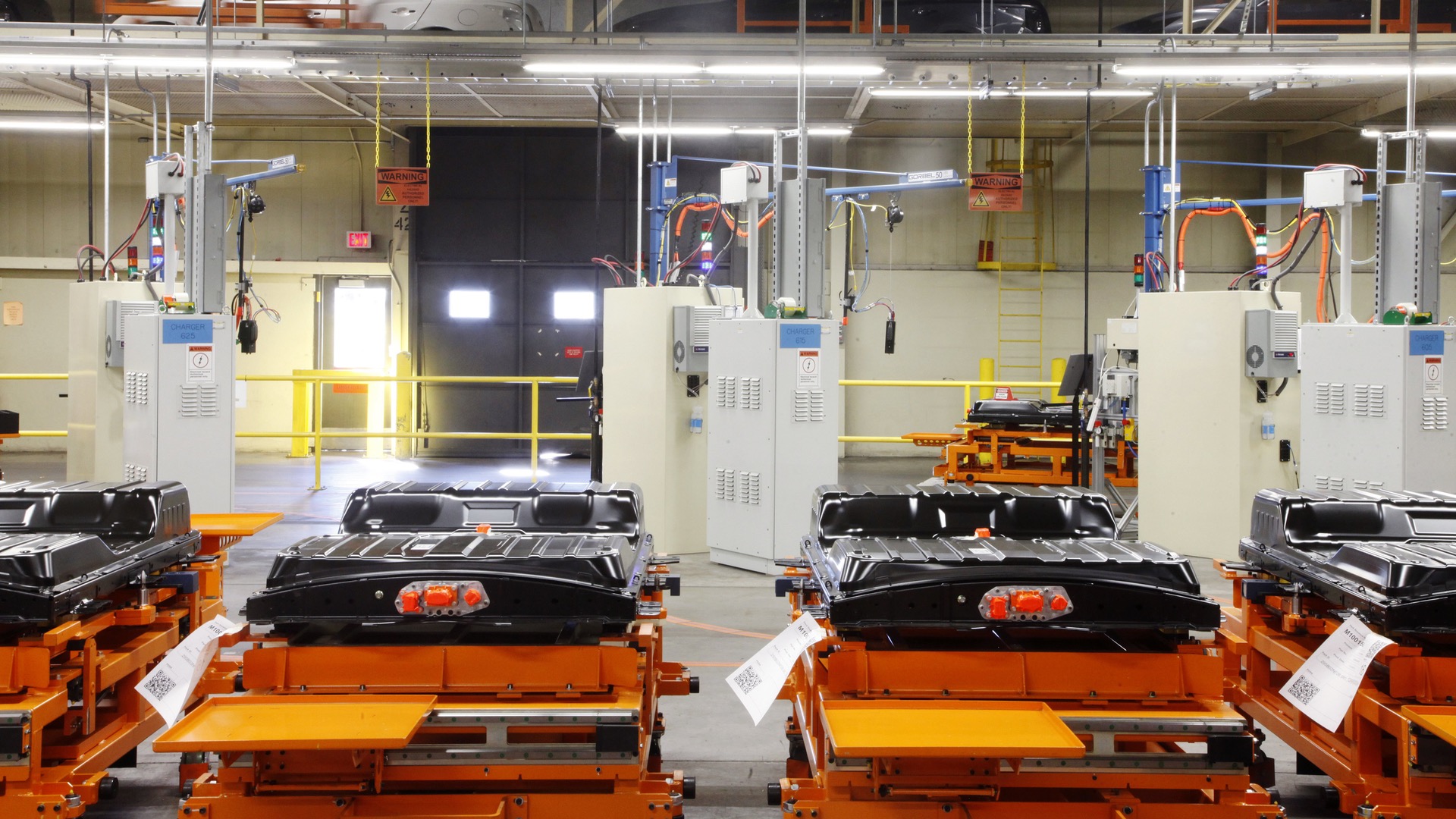

Demand for lithium-ion battery cells is about to skyrocket. Prodded by stricter emissions standards, automakers are expected to increase production of electric cars over the next few decades. Non-automotive uses such as consumer electronics and energy storage will add to demand for the element. But can lithium processors handle it? That’s the billion-dollar question.
Lithium is readily available, but ensuring there is enough capacity to process it into something useful is another matter, according to Reuters. Automakers and other companies that use lithium-ion batteries need to sign big multi-year deals with suppliers in order to get them to make the necessary investments in production capacity, the news service says.
The lithium that goes into batteries generally comes from two types of deposits: hard rock and brine. But mining and refining either of these sources into usable material can take years, and research firms are already anticipating lithium shortfalls unless processing capacity is expanded.
Consulting firm Roskill predicts a 26,000-ton shortfall of lithium carbonate equivalent (an industry metric for the main types of processed lithium) by 2025. By contrast, supply has exceeded demand by about 10,000 tons this year, according to Roskill. Major lithium processors are willing to expand to meet the demand, but they want commitments from customers in the form of long-term contracts, according to Reuters.
For the current style of EVs to succeed, lithium needs to not only be readily available, but be around in large enough quantities to make it cheap. The price of lithium-ion battery cells has been a major obstacle to large-scale production of electric cars, because it tends to make them more expensive than gasoline or diesel cars. Economies of scale could bring the price down and open the floodgates of electric-car sales…but only if lithium processors don’t create a bottleneck.